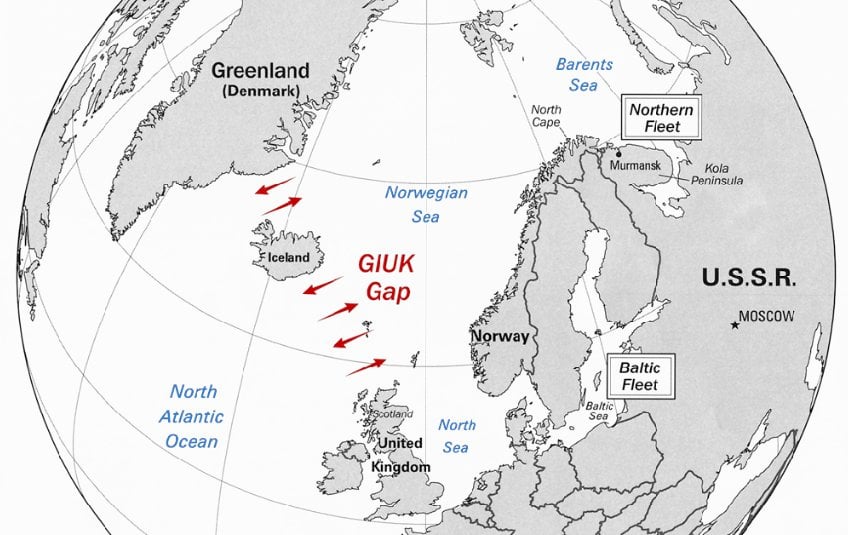Archived
[Op-ed by Tauno Tõhk, Research Fellow at the International Centre for Defence and Security (ICDS) since October 2024, specialising in China and Chinese foreign interference. Before joining the ICDS.]
The current EU approach is structured according to the 2019 “Strategic Outlook on China,” a document providing a framework for EU-China relations.
...
However, despite persistent China-related security issues, security concerns are largely absent from the Strategic Outlook, the key document shaping EU-China relations. Since it was adopted, Europe’s security landscape has changed dramatically, particularly due to Russia’s illegal military aggression against Ukraine. China’s backing of Moscow’s war efforts directly undermines European security. However, it is important to recognise that the security challenges China poses to the EU extend beyond its support for Russia, encompassing a range of well-documented hybrid activities.
...
Despite repeated claims of neutrality, China has become a “decisive enabler” of Russia’s illegal military aggression against Ukraine. It provides dual-use goods, helps to circumvent sanctions, and facilitates Russia’s hybrid operations. [...]
- China’s role as a “circumvention hub” for EU’s sanctions against Russia, acting as both a supplier to Russia and a transit route for western products.
- Chinese entities have been sanctioned by the EU for supplying drone and microelectronic components to Russia. Chinese officials and state-controlled media have provided a platform for Russia’s talking points and disinformation narratives.
- China has criticised sanctions against Russia and regularly accused the west of starting and fuelling the war.
The security challenges China poses to the EU extend beyond its support for Russia
In diplomatic engagements with China, the EU and individual member states have consistently emphasised China’s support to Russia as a key irritant in EU-China relations.
...
A Threat to Security and Values
Beyond its support for Russia, China poses a challenge to European security in and of itself. This includes potential conflicts over Taiwan and the South China Sea, hybrid activities targeting EU member states, and weaponising economic and trade links for political purposes.
A conflict in the Indo-Pacific would have global ramifications. The report by Special Adviser to the President of the European Commission Sauli Niinistö calls the potential economic and security impact of Chinese aggression against Taiwan or in the South China Sea “staggering” for Europe, likely triggering opportunistic behaviour from Russia against an EU member state.
...
National threat assessments confirm China’s targeting of the EU.
- The Swedish Security Service considers China, alongside Russia and Iran, as the greatest threat to Sweden’s security, stating that Beijing attempts to influence Stockholm’s decision-making.
- The Danish Defence Intelligence Service notes that China is trying to sow discord between European countries to weaken the EU’s unity, for example, when mitigating risks of cooperation with China.
- The Belgian security service similarly claims China is trying to damage intra-European relations.
- Germany’s domestic intelligence services state that China seeks to create a favourable environment outside its borders for the Communist Party’s objectives and looks for influential political figures to speak in favour of Chinese interests.
[...]
Western cyber security agencies have attributed cyber activities targeting European governments and lawmakers critical of Beijing as well as naval research activities and technology development to China’s state-sponsored threat actors. The EU has sanctioned individuals and organisations associated with APT10, a group linked to China’s Ministry of State Security.
...
The EU should acknowledge this reality and explicitly label China a security challenge.
...
Several member states’ security services already list China among the primary security threats, especially given Beijing’s close alignment with Moscow. Officially recognising these concerns at the EU level would help forge consensus on China policy. It also shields member states from the ramifications of acting alone and facing potential Chinese retaliation in isolation, allowing them to rely on a unified stance when calling out Chinese activities that endanger European security.
...
